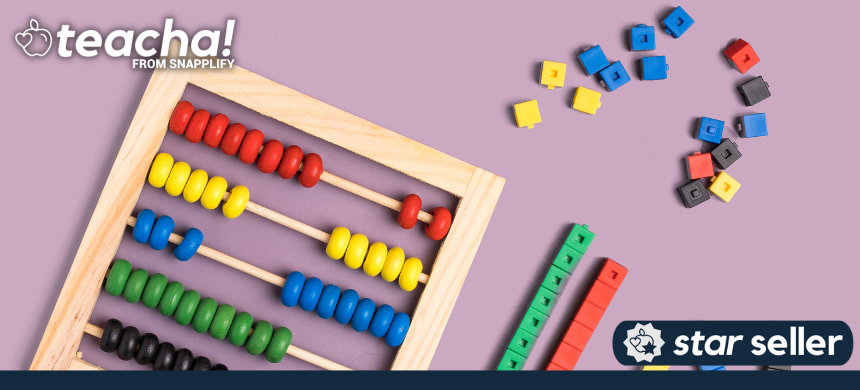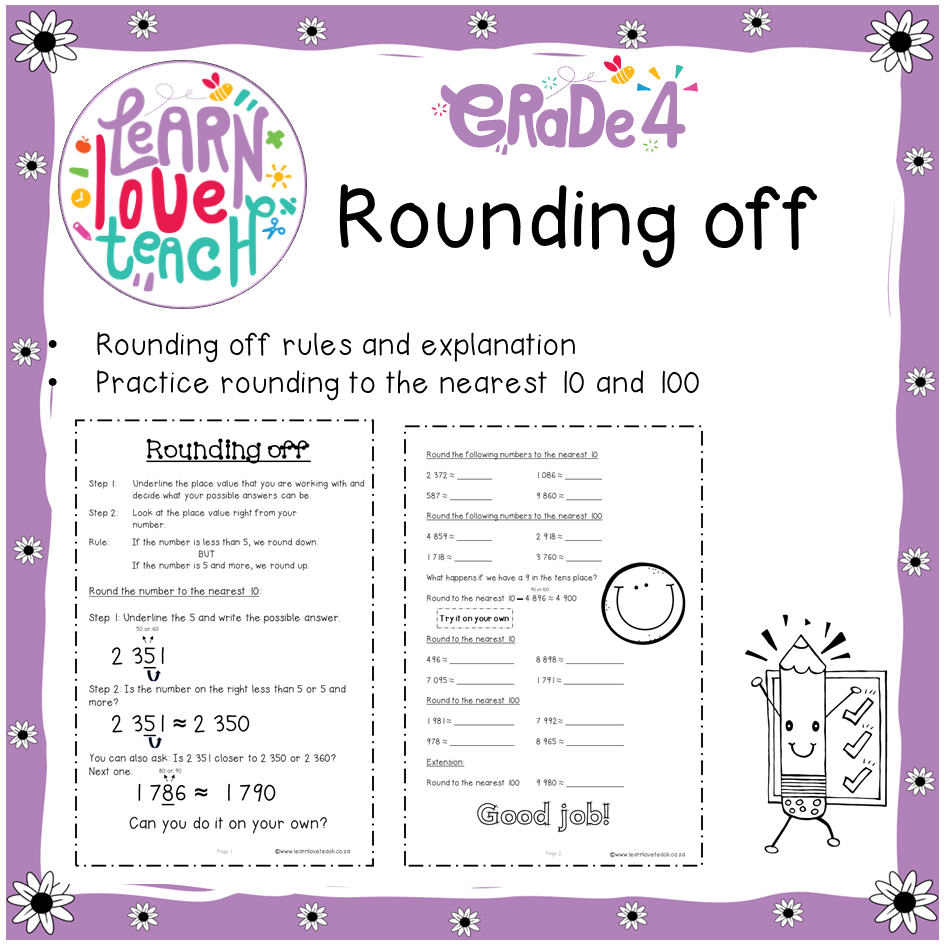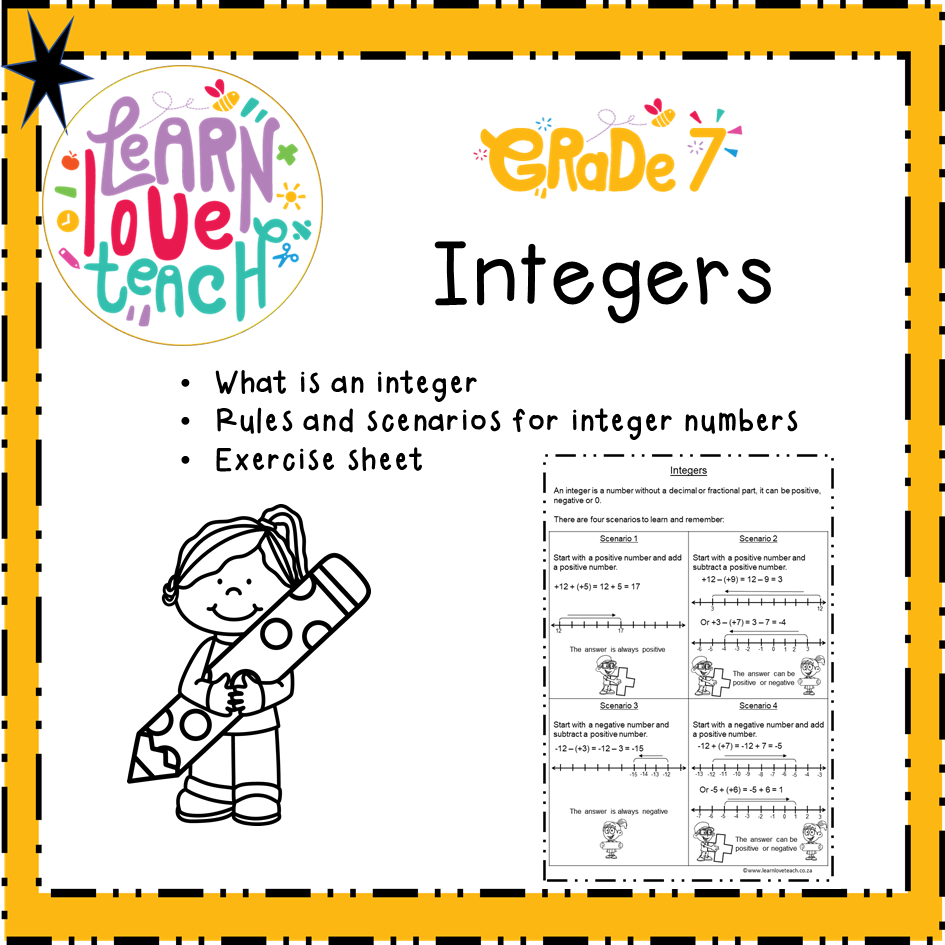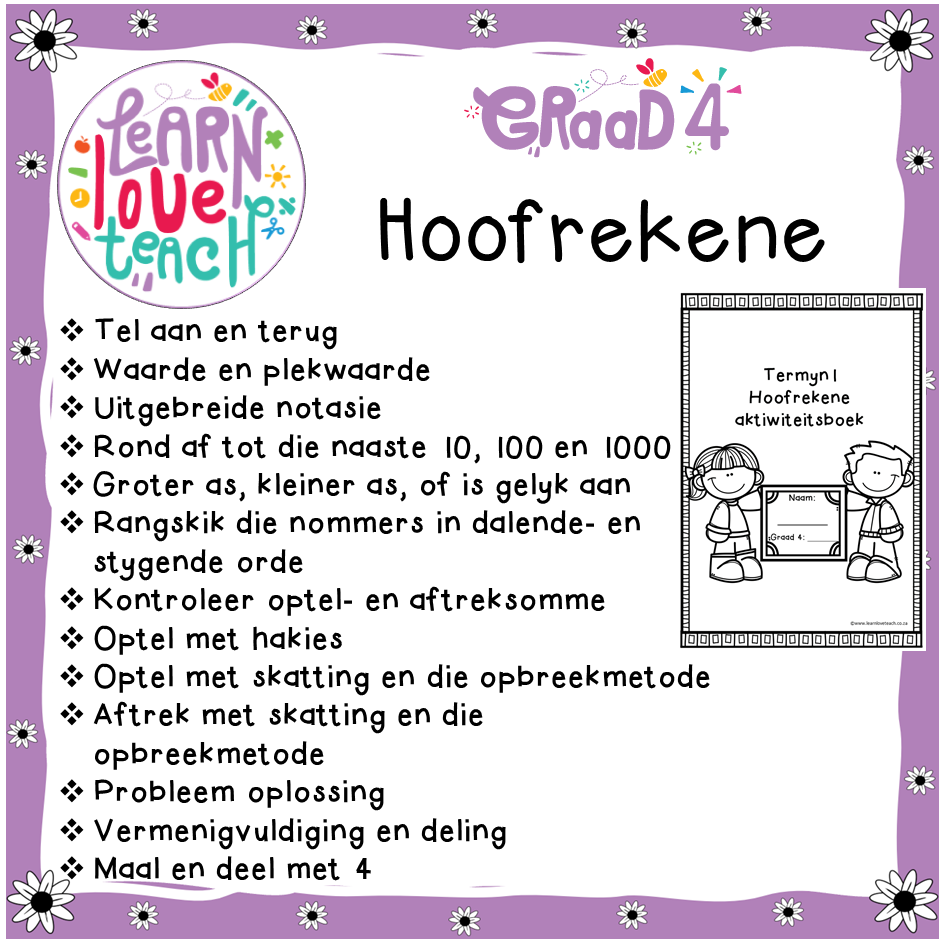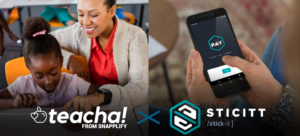by Petro Herbst from LearnLoveTeach
It’s not about numbers
The great Mathematician, William Paul Thurston, stated that “Mathematics is not about numbers, equations, computations, or algorithms: it is about understanding.”
A learner’s experiences with Maths start long before they attend pre-primary or primary school. When a baby looks around they see colours and shapes. When they start to grasp their spoon and place it in a cup successfully, they are busy with spatial orientation, which is a Mathematical skill needed for the successful analysis and synthesizing of numbers, and various other concepts in primary school. Hence, the integration of Maths into our home life starts at a very young age. Unfortunately, not all learners have the same background and stimulation when growing up.
Aghaei and Ahmadi (2017:68) state that “the aim of teaching mathematics, which should begin from pre-primary ages, is to gain social and psychological value in addition to intellectual development. The main goal of mathematics is to reinforce the child’s mind, in the sense that the sooner his mind and thought are enhanced; the more likely he is to be successful in their future life.”
Research shows that most parents are enthusiastic and want to teach their children important skills (Aghaei and Ahmadi, 2017:68), but not all parents have access to high-quality, affordable mathematically appropriate materials and resources. Mathematics is one huge spiral that is entwined, and it starts in the Foundation phase. My biggest dream is to help teachers save time and add value with the resources that I create. As a teacher, I know, with all the admin, marking of books, and, not to mention, family life, that a teacher’s time is very limited. Even as a mother, I know how overwhelming it can be if your child struggles with Maths and you don’t know how to help him/her. My resources are specifically designed for homeschoolers and parents, whether they would like to get extra worksheets, a cheat sheet, or a PowerPoint presentation to help their child(ren).
I want students to learn in a loving and stress-free environment, and teachers to teach without all the extra stress. Research by Bianchi, Schonfeld and Laurent (2015) referred to by Jacques, Osman and Courtney (2021) suggested: “Teaching is one of the most stressful professions due to the high accumulation of acute anxiety directly related to teacher-specific stressors in the workplace.”
That is what Learn Love Teach is all about. I want to give teachers exactly what I needed when I taught and help them relieve the stress that they experience each day. During the pandemic, many schools turned towards online schooling. The fact that my resources are available online makes them more accessible should anything like the COVID pandemic strike again. More teachers and parents will have access to high-quality, fun, affordable Mathematic materials and resources.
Parents also do not have the knowledge to create the materials needed for learners to effectively learn and grasp concepts. Hence, I took it upon myself to create these resources, which are easy to use, explain complex concepts in depth, and help to simplify them for the learners. Research states that it is important for the school, teacher, parents, and child to work together in achieving academic success (Maluleke, 2014).
When learners want to achieve success in Mathematics there are a few hints with regard to studying mathematics:
- Make it fun and enjoyable for the learner.
- Give as much exposure as possible to practice a particular skill.
- Allow learners to explore and gain an understanding of a particular concept before going to the following concept.
- Allow learners to work in groups with peers, as at times we need a more knowledgeable other to assist and guide them to understanding (McLeod, 2022).
- Allow the learners to apply knowledge to real-life experiences: for example, when driving in a car convert the km’s to meters; How much petrol did we put in the car? Was it measured in l/ml?
- Allow learners to explore Bloom’s taxonomy when teaching the skills to be able to move from basic knowledge and understanding to applying and later synthesizing and creating.
You can check out a collection of my favourite resources here including:
Bibliography:
AGHAEI, A.R., & AHMADI, M. R. 2017. The necessity of Math education in primary school. Science Arena Publications: Vol 3(4): 68-74.
MALULEKE, S. G. (2014). Parental involvement in their children’s education in the Vhembe District, Limpopo. Dissertation; University of South Africa, Pretoria.
MCLEOD, S. 2022. Vygotsky’s Sociocultural theory of cognitive development. https://www.simplypsychology.org/vygotsky.html
Date of access: 16 August 2022.
MOSTERT, J., GULSEVEN, O., & WILLIAMS. C. 2021. The impact of Covid-19 Pandemic on educators in South Africa: Self-efficacy and anxiety.
Author Bio:
Petro Herbst was a teacher for more than 10 years. She taught Maths to Grade 3–6. The last few years of her teaching career was focused on teaching Cambridge Mathematics. She lives in Swaziland and is currently focusing on creating Maths resources and growing her business, Learn Love Teach.

